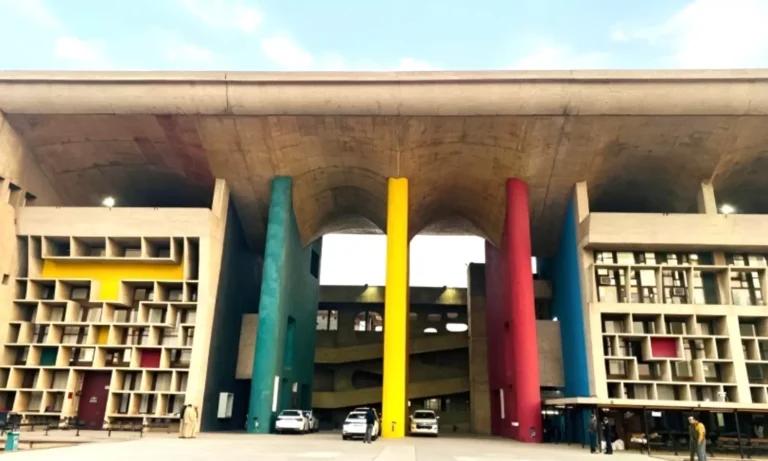In a recent judgment, the Punjab and Haryana High Court dismissed a petition challenging the allotment of flats under a housing scheme managed by the HUDA, Urban Estate, and Town and Country Planning Employees Welfare Organization (HEWO). The Court held that once a person participates in a draw of lots and remains unsuccessful, they are legally barred from questioning the allotment made through the same process.
Background of the Case
The petitioner, Dinesh Kumar, challenged multiple decisions taken by HEWO related to the allotment and regularization of Super Deluxe category flats under Scheme-II in Faridabad. He claimed that the allocation of flats to two respondents—one being the Managing Director of HEWO and the other an employee—was illegal, arbitrary, and violated the eligibility conditions prescribed by HEWO.
The petitioner sought to quash the following:
- The meeting decision dated September 14, 2021, which allotted a flat to respondent No. 3 (the Managing Director of HEWO).
- The letter dated May 15, 2023, by which the membership of another flat was given to respondent No. 4.
- The July 25, 2023, decision that regularized the earlier allotment to respondent No. 4.
He argued that both respondents were ineligible based on the revised eligibility conditions, particularly regarding their service duration and pay level.
The petitioner argued that:
- The allotments were made on a preferential basis and involved favoritism.
- Eligibility conditions were changed after the process had already started to benefit the respondents.
- Respondent No. 4 did not fulfill the minimum pay level required.
- Respondent No. 3 had not completed six months on deputation, which was a required condition.
- The governing body's decisions violated HEWO’s own rules, the advertisement guidelines, and the principles of natural justice.
- HEWO is not "State" under Article 12 of the Constitution and hence the petition is not maintainable under writ jurisdiction.
- HEWO is a private registered society meant for the welfare of employees and had not taken any grants from the government.
- All governing body decisions were made within the society's internal rules and by ex-officio members without any undue preference.
- The flat allotted to respondent No. 3 was originally surrendered by another member, Mr. Makrand Pandurang, IAS.
- The governing body had amended the rules to allow membership allotments to governing body members when a flat became available through cancellation or withdrawal.
- Respondent No. 4’s allotment followed a draw of lots and was later regularized as per the society's procedures.
The Court recognized that:
“HEWO is a registered society under the Societies Registration Act, 1860. Disputes related to its internal rules are usually to be resolved through arbitration under the Haryana Registration and Regulation of Societies Act, 2012.”
However, since the case involved public property, the Court used its writ jurisdiction to ensure fairness and transparency.
Upon examining the record, the Court noted that the allotment to respondent No. 3 occurred only after the surrender of the flat by Mr. Pandurang and was made through a transparent process.
“As such, when therebys it was known to all, that only upon withdrawal/surrendering of membership of the super deluxe category flat, by one Mr. Makrand Pandurang, IAS, therebys the same becoming decided to be allocated to respondent No. 3.”
Regarding respondent No. 4, the Court stated that his allotment was made via draw of lots held on May 2, 2023, and was later regularized by the HEWO governing body.
Importantly, the Court held that Dinesh Kumar had actively participated in the draw of lots for the Super Deluxe flat but was unsuccessful. Hence, he could not now question the very process he agreed to.
“Moreover also, when the present petitioner also unsuccessfully participated in the draw of lots, therebys he becomes estopped to contend that there was any illegality in the passing of the minutes... in the meeting... wherebys vis-a-vis the surrendered/withdrawal membership of... thus an apt decision was taken to allot the same to the other eligible person.”
The Court concluded that:
- The process of allotment was transparent.
- The governing body's decisions were within the bounds of its authority.
- The petitioner, having participated in the draw, had no ground to challenge the outcome.
The petition was dismissed, and all impugned decisions and allotments were upheld.
“In aftermath, this Court finds no merit in the writ petition, and, with the above observations, the same is hereby dismissed. The impugned annexures are maintained and affirmed.” — Punjab and Haryana High Court, April 9, 2025
Case Title: Dinesh Kumar v. State of Haryana















